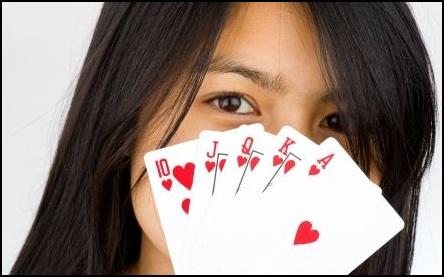
What do new approvals of junket licenses mean for Singapore casinos?
The approval of first ever junket licenses will usher in a new era for the local casino industry – so what is the experience from Macau?
Muhammad Cohen, Macau Business Special Correspondent and Asia Times columnist:
Eight years after the authorities decided to embark on casino legalization and two years after the first casino opened its doors, with no licenses granted to junket promoters and thus no experience of seeing how junkets would operate in Singapore, the regulator thought that it needed to issue more stringent rules. Licensing more junkets would relieve the approach over high rollers. On one hand, Singapore taxes their gaming revenue at 5 percent, but on the other hand, it won't license any agents to bring them to the casinos. Throughout Asia, junkets are an important part of attracting VIPs - casinos can't duplicate junkets' overseas outreach efforts and range of services. As veteran gaming consultant Mike Gore told me, "Junkets work hard for their money." They know their market, they know their customers, and they speak their language. All of that matters.
Having more junkets doesn't mean being less particular about who gets licensed, but it does mean doing the job faster and more efficiently. Right now, applicants need to supply vast amounts of information including a 40 page application.
The casinos have always been about bringing in foreign high rollers, and there may be some regulatory hurdles, but why not consider having junket promoters linked to overseas branches of DBS or Singapore Airlines? If you want an honest casino industry, then encourage honest companies to find ways to participate scrupulously and profitably.
Grant Govertsen, Union Gaming Research Macau Limited Finance and IT Center of Macau (FIT)
Should Singapore relax stringent standards for junket approvals? It depends on what the government’s goal is. If the only consideration is increased visitation, then it is unlikely that junket standards would be lessened. However, if the goal is increased tax revenues, then perhaps greater consideration could be given to lowering junket standards. That said, I do not expect Singapore to change its existing licensing standards. Ultimately, I think only a small number of junkets will be approved (just a fraction of the 200+ junkets licensed in Macau), but this should be enough for the Singapore IRs to remain very successful.
Michael Paladino, Senior Director, Fitch Ratings Gaming, Lodging & Leisure Sector Head.
"Permitting junkets to operate in Singapore will help drive growth in VIP gaming revenues without additional capacity. Given the concern regarding the social impact of local gambling, the government's approval process will likely focus strongly on junkets that will bring in international customers. Currently, VIP gaming revenues in Macau are roughly 8x Singapore so there is room for sizable growth, although it is unlikely to approach Macau anytime soon."
Jonathan Galaviz, Managing Director & Chief Economist, Galaviz & Company LLC
The Singapore government should maintain a very strict approach to the licensing and regulation of junket operators. It is important for Singapore to maintain its image as a transparent and safe location for tourism and business.
Over time, it should be expected that the Casino Regulatory Authority (CRA) will look at further junket applications and determine suitability. Junket licensing has always been a part of the regulatory structure in Singapore since the integrated casino resorts became operational.
I do not see a material impact beyond the slightly incremental revenue that the junkets will provide to RWS at this point. However, there is certainly room for approved junkets to grow within the Singapore market, as they develop their operational model.
With time (over the next 10 years), the business model of junkets should go away to a more direct relationship management structure between customers (that use junkets now) and the IR's.
























 Advertise
Advertise









